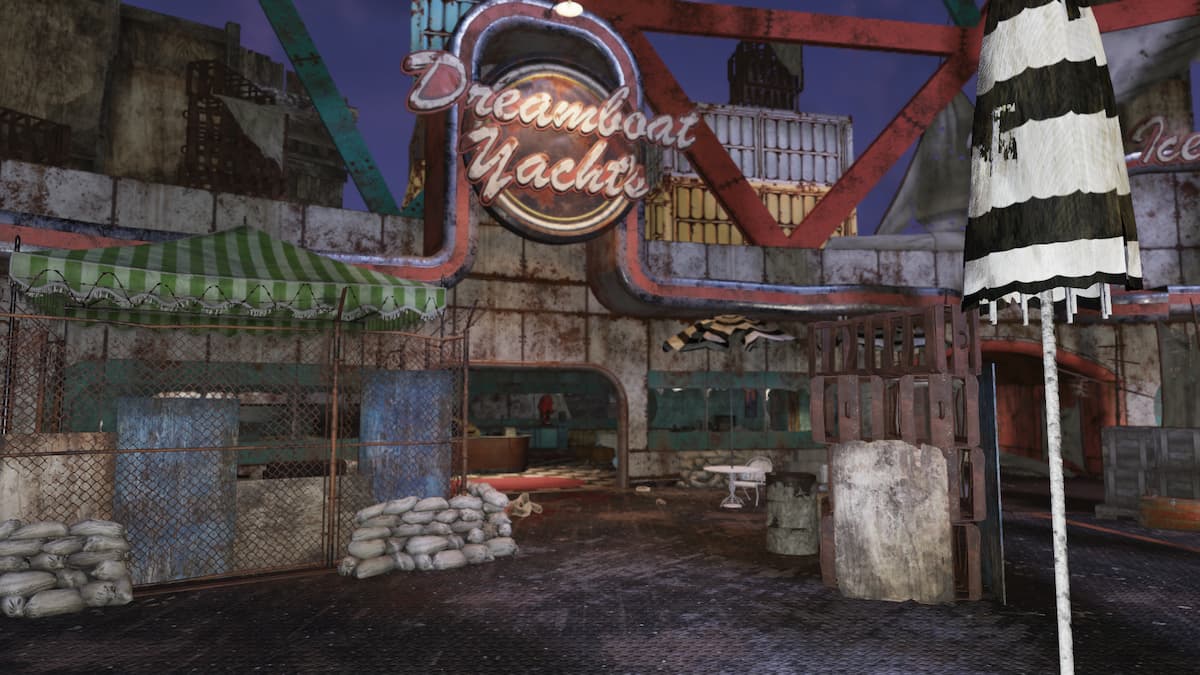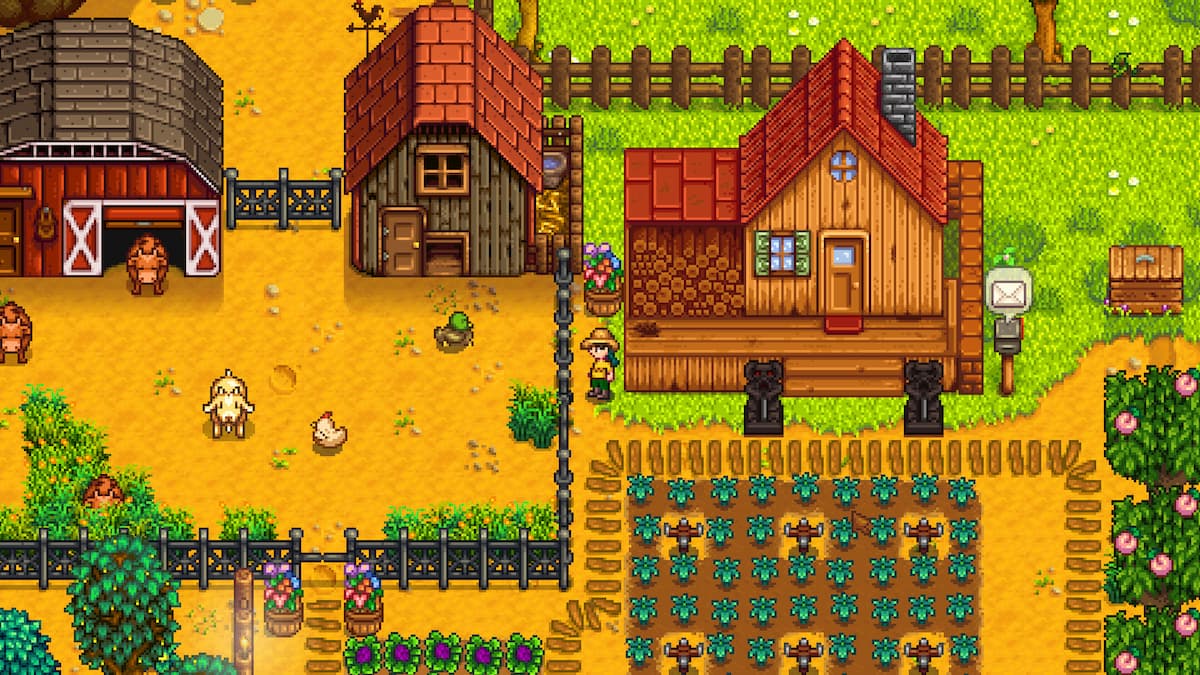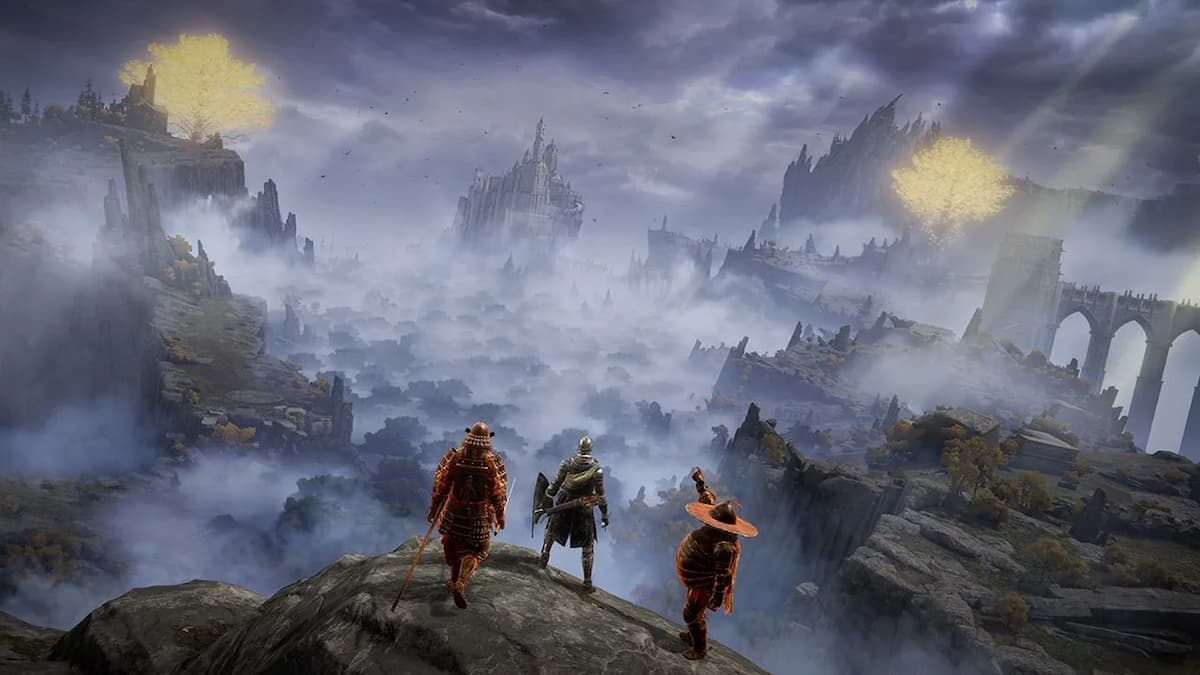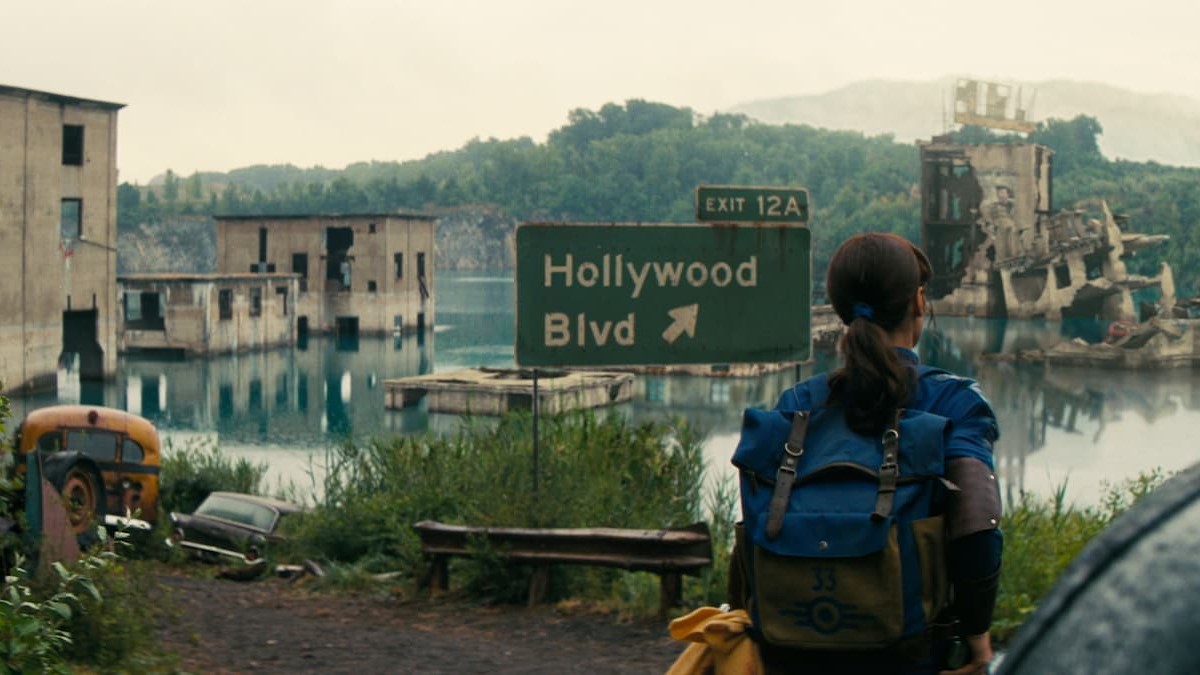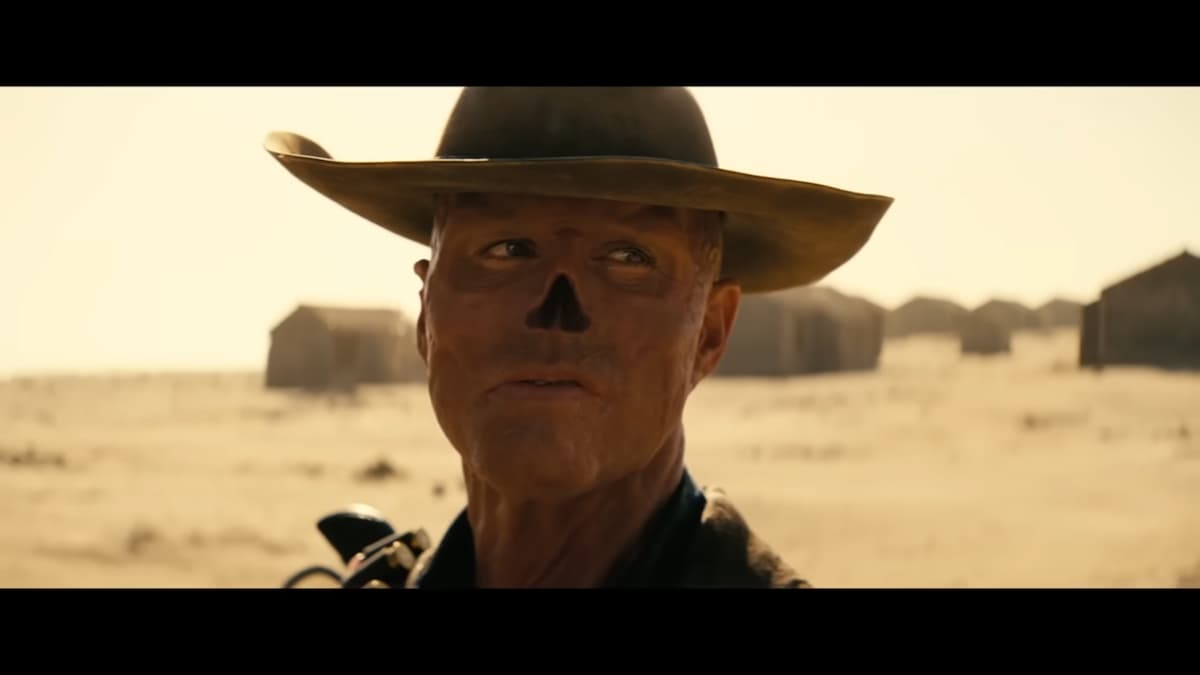Marcus “djWheat” Graham has been around eSports since 1999. That’s long enough to remember the Cyberathlete Professional League (CPL). Currently director of community and education for Twitch, Graham is best known as a premiere StarCraft II caster today. But he actually got his start as a pro gamer playing Quake III under the name “Styles519.” Graham, who does know how to DJ, talks about the explosive growth he’s seen from the front row of eSports in this exclusive interview.
GameSkinny: What are some of the similarities between what people see done in an NFL broadcast booth and what you do with an eSports event?
Marcus Graham: Some of the similarities are really easy to see when you watch a broadcast. For example, we learn from what has already been established. When I was up and coming as a game commentator, obviously I had to learn the game inside and out. But I also had to consider what had sports done that improves and enhances the viewing experience for the audience? It’s their knowledge of the players. It’s their ability to recall things like, “back when they faced off against them in 2002 this happened.” It’s the practice and the constant reminder of what the score is and where we’re at in the tournament. There’s a lot of housekeeping that happens as a sports commentator. You are constantly delivering information to the audience at home or maybe the audience at the event. So in many cases we draw directly from sports casting and this is everything from the cadence that we use, the building of excitement and using what the audience isn’t seeing to create the sense of the situation, putting emotion and excitement into it overall.

GS: In sports broadcasting, we see former athletes or coaches go into the booth, and then we also see people who have never played a sport in their life. How important in eSports is having former pros become casters?
Graham: It really depends on a lot of factors. In most cases professional gaming broadcasts typically have two individuals, one who is the play-by-play and one who is the color. And together typically they take on the role of host. As far as knowledge is concerned there are some instances where having a player paired up with another player might not make for an exciting game when you’ve got nothing but analysis coming out. And there are other instances where you put two play-by-play guys who have a general knowledge of the game, but neither of them has played professionally…what sort of a broadcast is that going to deliver.
Yes, there’s concern with players and/or former coaches and/or any broadcasters having played at a competitive level. But as the model of game broadcasting, this hierarchy of color and play-by-play exists and is the unwritten rule that is followed.
Many organizations have tried to bring in some of the stuff that ESPN is doing lately, where they have an analysis done in addition to the commentators who are taking you through the action. In these cases, you’re always going to find individuals that vary in degree of skill from the guy that is still winning international competitions, to a retired individual, to a guy like me who has a lot of professional gaming background but hasn’t necessarily played StarCraft II professionally…but my history in eSports gives me credibility when I broadcast a game. We’re seeing a lot of different scenarios occur in that regard. That’s one of the coolest things about this space; that you get so many different combinations and they can provide different levels of entertainment depending on who the audience is.

GS: What is the emerging cut-off age where pro gamers lose that edge and hand-eye coordination in eSports?
Graham: We’re certainly seeing the entry age of top level gamers lowered down to 14 and 15 year olds, but what we’re also seeing the skill ceiling associated with age go up a little bit. When I was playing professionally, I was pretty much the average age of 18 to 20. There were a lot of us who were forging through. Right now I know quite a few gamers that compete on a global level that are in their late 20s, and in 2005 we would have said they’re crazy. Like at 26, you’re done. Now we have guys that are reaching their 30s that are still able to play competitively. Arguably, even they will tell you they don’t play at the same level they did five years ago, but it’s not stopping them because they are incredibly skilled.
GS: What opportunities are there for former pros as casters?
Graham: It’s interesting because many players just frankly don’t want anything to do with that, either because they’re not comfortable with being in front of the camera or that’s just not necessarily their thing. But those who do, usually are very much welcomed into the activity. A lot of it has to do with how well is this person on camera.
“It would be no different than if any sports broadcast invited a player on, they would still want someone who could help carry a television broadcast.”
That means that you don’t put a dry, non-assertive individual in a role like that because they won’t fill it, and people won’t want to watch and they won’t be entertained. The same thing goes for what is happening in the future of casting with eSports. There are some players that are amazing on camera and they become personalities in the space. And there are others that you would say the exact opposite about.
GS: What’s the biggest misconception that still exists about pro gamers?
Graham: A lot of the current professional gamers are like athletes – not only in the sense of the games they’re competing in, but also in a physical sense. A lot of these guys train and go to the gym as a part of their training regime. They play basketball. They swim. In Korea, soccer is very popular with pro gamers. For myself, a lot of my competitive fire came from some of the sports I played when I was younger. I played soccer, bowling, volleyball and track and field. These are the things that got my heart pumping and I really loved the competition.
“When I realized that I could play a video game and get that same feeling, that that was the connection that was made.”
A lot of today’s pro gamers were competitive at an early age with traditional sports. One of the most accomplished professional gamers, Johnathan “Fatal1ty” Wendel, was such a sports nut growing up and he wasn’t much of a video game guy. Partially, it was his drive for competition early on playing basketball and tennis and swimming that really got him into playing these games competitively. The fuel that gets a lot these younger kids started, where they get that fire for competition, is traditional sports. Nowadays they come in from a basketball court and they sit down and they play Call of Duty.


